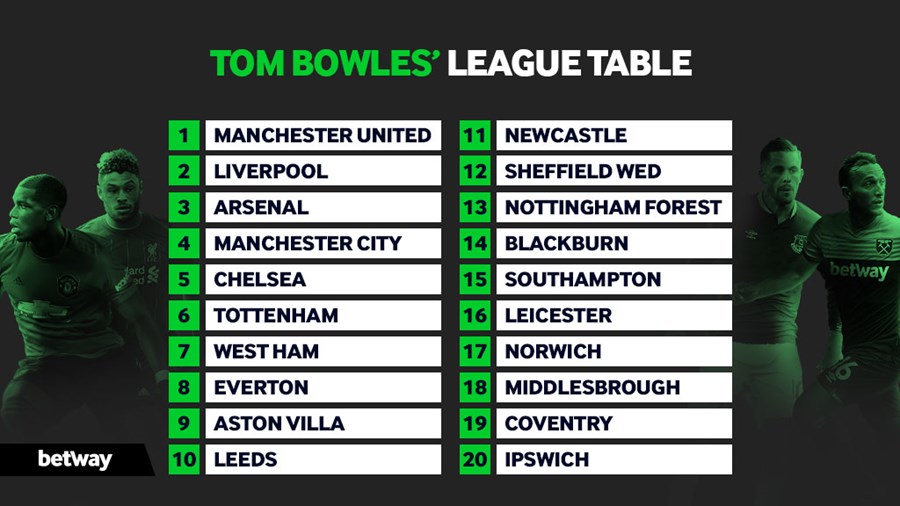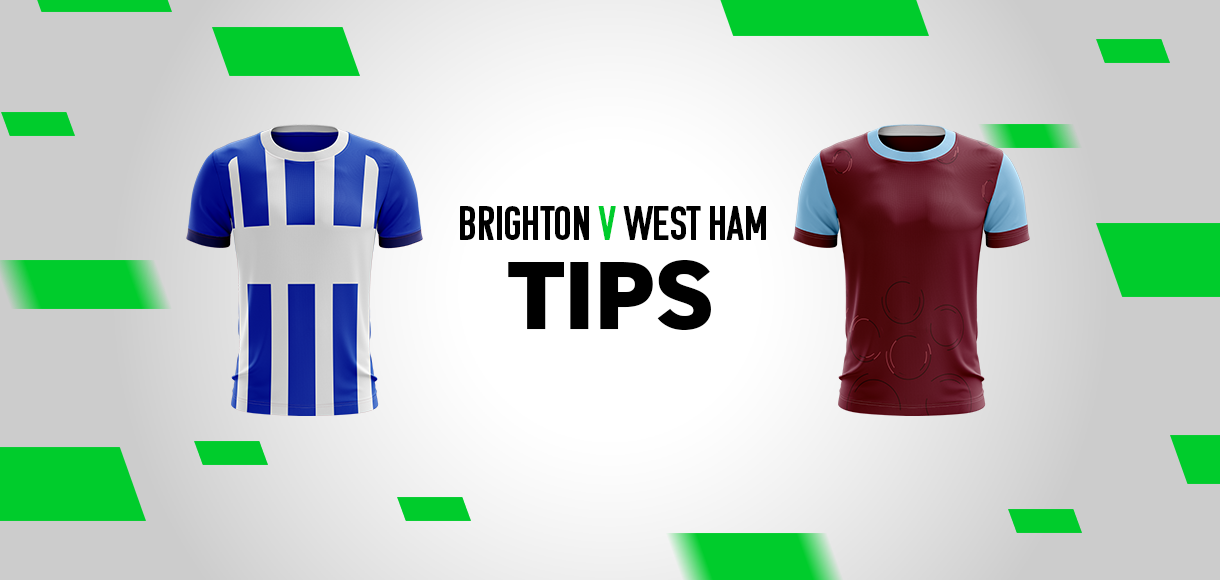The Big Club Survey: Our writers pick their top 20

Following on from the results of our Big Club Survey, our writers have eached ranked their 20 biggest clubs in England.
Click here to view the results of the Big Club Survey, and who the fans voted the 20 biggest clubs in England.
Here's who our writers would have in their ideal Premier League tables.
JACK GREEN

The Big Club Survey proved two things: 1) that no one will ever agree on what truly makes a big club, and 2) that football fans love a bit of nostalgia.
The results show the value that supporters place on how successful a club has been in the past but, while history is obviously important, I think where they are now is just as big a factor.
For that reason, even as an Arsenal fan, I’ve got to put Manchester City in the top three. They’re now a huge draw for the best players in the world, and that’s got to be considered.
Further down the table, I’ve rewarded the clubs that have spent considerable stints in the Premier League – your Watfords and Bournemouths of this world.
And, while I’ve managed to find a place for Leeds and Blackburn, I’ve dropped them into the bottom four. Get promoted this season, and maybe they’ll merit a spot in my mid-table.
TOM BOWLES

Some fans scoff at the term ‘big club’, presumably because the team they support isn’t a big club. That’s fair enough, but it’s definitely a thing.
For example, when a big club is struggling – Manchester United, Arsenal, Newcastle, even Coventry – they’re a club ‘in crisis’. When a small club is struggling, they’re just not very good and no-one, beyond their own supporters, really cares.
Silverware, match-going support and European pedigree are all relevant when it comes to defining a big club, but it’s also important to acknowledge that it’s very subjective.
The reason I’ve picked clubs like Leeds, Sheffield Wednesday and Nottingham Forest is because they were in the Premier League when I was a kid. They helped shape my love of football, so I place more value on them – perhaps more than they deserve, given their recent achievements – than, say, Bournemouth or Brighton.
ADAM DRURY

I rebel against the big club debate, because it’s pointless. In fact, I was a bit annoyed to be asked to write this feature.
Of 3,500 respondents to this survey, we received a plethora of different results and priorities. Nobody can even agree on why this matters, let alone which teams should be involved.
Generally, the term is tossed around by failing “big clubs” - Leeds, Nottingham Forest, Ipswich - as they try to justify the claim that their team is still relevant at the top of English football. They’re not. It is an arbitrary, desperate attempt at success for unsuccessful clubs.
When asked to compile this list, I referred to the very simple method of measuring the 20 best and most successful clubs in the country: the current Premier League table.
To suggest that any other club currently belongs there just doesn’t make any sense.
Which clubs would feature in your top 20? Let us know on Facebook and Twitter.





































